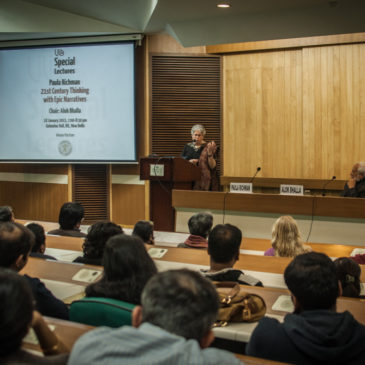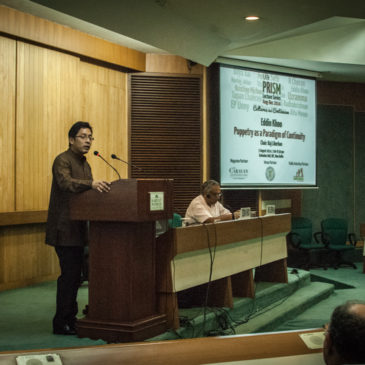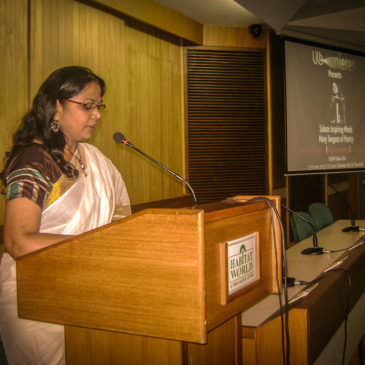Paula Richman: 21st Century Thinking with Epic Narratives
“ ‘Why can’t you be a dutiful son like Rama?’ – here is one common reference to mythology in everyday life that many, many Indians have heard in their childhood.” Paula Richman, acclaimed specialist of the Indian epics, joined LILA once again for a Special Lecture, searching, this time, for the contemporary insights ancient narratives can offer us. “Epics touch us, but too often they do in the form of two extremes: either we want to follow them literally, or we deny them altogether since they are ‘from another time’.” The tension is inherent from the very nature of epics: those stories narrate the lives of archetypes, ideal kings, ideal queens, etc., setting the bar high, indicating the path to an ideal life… but epics also contain very concrete and easily applicable messages, lessons that can help any individual in the small and big questions of life – millennia ago, just as today. Paula Richman’s presentation highlighted a few of these.




